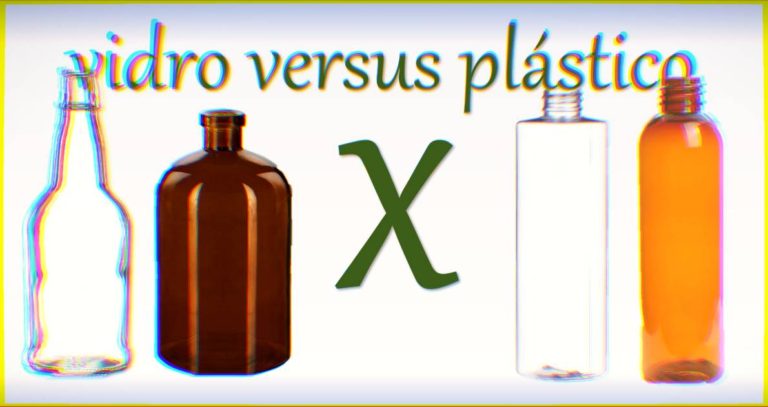A selective collection is a fundamental strategy for solid waste management, which aims to separate and collect recyclable materials directly at the source of generation. This process is essential for efficient recycling and environmental preservation. In this post, we will explore in detail what it is. selective collection, its forms, benefits and the importance of collectors and cooperatives in this context.

A selective collection is a system that allows the separation of recyclable waste from non-recyclable waste before collection. This method is crucial to ensure that materials such as paper, glass, plastic and metal are properly processed and recycled, instead of going to landfills.
Main Features:
- Separation at Source: Waste separation is carried out by residents or companies themselves, ensuring that recyclable materials do not mix with organic or non-recyclable waste.
- Efficiency: A selective collection improves recycling efficiency, as it prevents contamination of recyclable materials and facilitates their processing.
- Sustainability: It contributes to reducing environmental impact by reducing the amount of waste sent to landfills and increasing the reuse of materials.
The effective implementation of selective collection begins with the assessment of the profile of the waste generated, which helps to structure a system of collect adapted to the specific needs of each location.
Selective Collection Methods
There are several ways to selective collection which can be adapted according to the needs of each municipality. The main forms include:
- Door to Door Collection: This modality involves collection vehicles that visit residences on specific days and times, different from the days of collect of common garbage. Residents place recyclables in separate containers on the sidewalks, facilitating separation at source and efficient collection.
- Voluntary Delivery Points (PEV): These are fixed locations where citizens can deposit recyclable materials. These points are strategically placed in public areas, such as squares and community centers, encouraging the population to participate in the recycling process. collect.
- Exchange Points: In this way, recyclable materials can be exchanged for goods or services. This encourages the population to participate in the collect selective and reduces the volume of waste destined for landfills.
Each of these forms has its advantages and can be used in combination to increase the effectiveness of the system. collect selective in different contexts.
Benefits of Selective Collection
A selective collection offers a series of benefits that go beyond the simple recycling of materials. These benefits can be classified as social, economic and environmental.
Social Benefits:
- Job Creation: A selective collection creates job opportunities, mainly in waste picker cooperatives, which play a fundamental role in sorting and selling recyclable materials.
- Environmental Awareness: The process educates the population about the importance of recycling and the correct separation of waste, promoting more sustainable behavior.
Economic Benefits:
- Cost Reduction: A selective collection can reduce costs associated with transporting and disposing of waste, as well as reducing the need for new raw materials.
- Revenues: The sale of recyclable materials generates revenue for the entities responsible for collect and waste processing.
Environmental Benefits:
- Less Pollution: It reduces the amount of waste sent to landfills and reduces environmental pollution by increasing the recycling rate.
- Preservation of Natural Resources: It facilitates the reuse of materials, which helps to conserve natural resources and reduce the environmental impact of extracting new raw materials.
Strategies to Reduce Costs
To optimize the system selective collection and reduce your costs, it is important to adopt some effective strategies:
- Improve Disclosure: Invest in awareness campaigns to inform the population about the importance and benefits of collect selective.
- Population Support: Ensure active community participation, encouraging the correct separation of waste and the use of collection points. collect.
- Local Initiatives: Promote actions in neighborhood associations and ecological groups to engage the population and improve the efficiency of collect.
- Use of Technology: Implement appropriate technology for waste management, adapted to the size of the city and the volume of waste.
- Efficient Management: Plan and manage the system collect selectively in order to optimize resources and reduce waste.
The Role of Collectors
Waste pickers play a crucial role in selective collection in Brazil. They are responsible for the informal collection of recyclable materials and their sorting before they reach the formal recycling systems. collect.
Importance of Collectors:
- Cost Reduction: Waste pickers help reduce public cleaning costs by collecting recyclable materials from streets and landfills.
- Income Generation: They provide employment and a source of income for many people who work in collect of recyclables.
Challenges:
- Working conditions: Scavenging in landfills presents sub-human conditions and should be replaced by safer and more regulated activities.
Waste Pickers’ Cooperatives and the Future
Waste pickers' cooperatives are a solution to improve working conditions and efficiency. selective collection. They formalize the collection activity and offer better working conditions and educational support to workers.
Benefits of Cooperatives:
- Suitable Conditions: They guarantee better working conditions and infrastructure for the collect and sorting of recyclables.
- Education and Training: They offer training and educational support for collectors, promoting social inclusion and professional development.
- Efficiency: Increase the efficiency of the system collect selective and facilitate the integration of collectors with the formal recycling system.
Strengthening cooperatives and formalizing the work of collectors are important steps towards improving the waste management system. collect selective and ensure a more sustainable future.
A selective collection is a key piece for the effective management of solid waste and environmental preservation. By understanding what it is selective collection, its forms, benefits and the role of collectors, we can contribute to a more efficient and sustainable recycling system. Adopting appropriate recycling practices collect and supporting initiatives that promote the correct separation of waste are essential to reducing environmental impact and promoting a more sustainable future for everyone.
With this information, you are ready to contribute to the selective collection in your community and help make a difference. Share this post and help promote the importance of collect proper waste management!
Check out other interesting facts about recycling clicking here.
Learn how to make art by recycling, Click here.
Summary




great helped me at school
It helped me a lot at school
wonderful today I have an idea of what selective collection is
It helped me with the test, thanks.